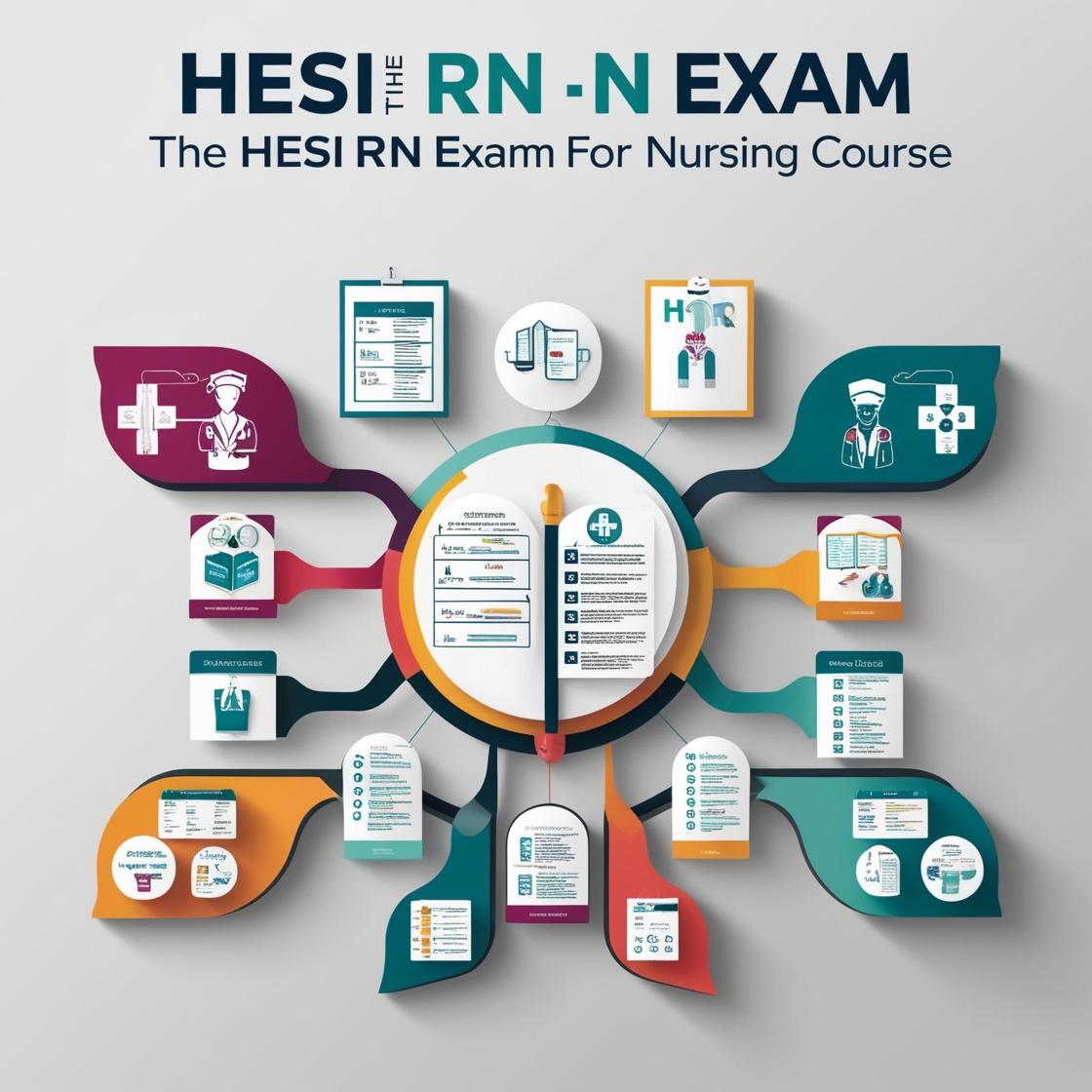HESI RN
Quizlet Mental Health HESI
1. A mental health worker (MHW) is caring for a client with escalating aggressive behavior. Which action by the MHW warrants immediate intervention by the nurse?
- A. Attempting to physically restrain the client.
- B. Telling the client to go to the quiet area of the unit.
- C. Using a loud voice to talk to the client.
- D. Remaining at a distance of 4 feet from the client.
Correct answer: A
Rationale: The correct answer is A: Attempting to physically restrain the client. Physical restraint should only be performed by trained professionals in a safe manner to prevent harm to the client and staff. In this scenario, the mental health worker should not attempt physical restraint, as it can escalate the situation and potentially lead to harm. Choices B, C, and D do not pose an immediate risk and can be part of de-escalation strategies. Choice B suggests guiding the client to a quiet area, choice C involves using a loud voice for better communication, and choice D indicates maintaining a safe distance, which are appropriate interventions to manage escalating aggressive behavior.
2. In pediatric mental health, there is a lack of sufficient numbers of community-based resources and providers, resulting in long waiting lists for services. This has resulted in:
- A. Children of color and those in poor economic conditions being underserved
- B. Increased stress in the family unit
- C. Markedly increased funding
- D. Premature termination of services
Correct answer: D
Rationale: The correct answer is D, 'Premature termination of services.' The lack of sufficient numbers of community-based resources and providers, along with long waiting lists, can lead to premature termination of services for children in need of mental health support. Choice A, 'Children of color and those in poor economic conditions being underserved,' is not directly related to the consequence mentioned in the question. Choice B, 'Increased stress in the family unit,' while a potential consequence, is not explicitly stated in the question as a direct result of the lack of resources. Choice C, 'Markedly increased funding,' is not a consequence but rather a potential solution to address the lack of resources.
3. A healthcare professional is assessing a client for symptoms of post-traumatic stress disorder (PTSD). Which symptom should the healthcare professional expect to find?
- A. Persistent thoughts about the trauma.
- B. Increased energy and enthusiasm.
- C. Decreased need for sleep.
- D. Increased appetite and weight gain.
Correct answer: A
Rationale: The correct answer is A: Persistent thoughts about the trauma. In post-traumatic stress disorder (PTSD), individuals often experience persistent intrusive thoughts about the traumatic event, which can be distressing and disruptive. This symptom is a hallmark feature of PTSD. Choices B, C, and D are incorrect because increased energy, enthusiasm, decreased need for sleep, increased appetite, and weight gain are not typical symptoms of PTSD. Instead, individuals with PTSD may commonly experience symptoms such as flashbacks, nightmares, hypervigilance, avoidance of triggers related to the trauma, and negative changes in mood and cognition.
4. When preparing to administer a domestic violence screening tool to a female client, which statement should the RN provide?
- A. If you are experiencing abuse from your partner, I am required to ask you these questions.
- B. It is a requirement by law for me to inquire if you are a victim of domestic violence.
- C. Your healthcare provider must be informed if you are facing any domestic abuse.
- D. All clients undergo screening for domestic abuse due to its prevalence in our society.
Correct answer: D
Rationale: The correct answer is D because screening all clients for domestic abuse as a routine part of care helps in early identification and support. Choice A is incorrect as it may imply that the questions are only asked if abuse is already suspected. Choice B is incorrect because it emphasizes the legal obligation rather than the importance of routine screening. Choice C is incorrect as it focuses on the healthcare provider's need rather than the benefit to the client of routine screening.
5. Kyle, a patient with schizophrenia, began taking the first-generation antipsychotic haloperidol (Haldol) last week. One day you find him sitting very stiffly and not moving. He is diaphoretic, and when you ask if he is okay, he seems unable to respond verbally. His vital signs are: BP 170/100, P 110, T 104.2°F. What is the priority nursing intervention? Select all that apply.
- A. Hold his medication and contact his prescriber.
- B. Wipe him with a washcloth wet with cold water or alcohol.
- C. Administer a medication such as benztropine IM to correct this dystonic reaction.
- D. Reassure him that although there is no treatment for his tardive dyskinesia, it will pass.
Correct answer: C
Rationale: The correct intervention is to administer a medication such as benztropine IM to correct this dystonic reaction. The presentation of stiffness, diaphoresis, inability to respond verbally, and vital sign changes suggest an acute dystonic reaction, which is an extrapyramidal side effect of antipsychotic medications like haloperidol. Benztropine is an anticholinergic medication commonly used to manage these acute dystonic reactions. Option A is incorrect because holding the medication without addressing the acute symptoms may lead to worsening of the condition. Option B is incorrect as wiping with cold water or alcohol does not address the underlying cause of the symptoms. Option D is incorrect because it mentions tardive dyskinesia, which is a different condition characterized by involuntary movements that occur with long-term antipsychotic use, not the acute dystonic reaction seen here.
Similar Questions

Access More Features
HESI RN Basic
$69.99/ 30 days
- 50,000 Questions with answers
- All HESI courses Coverage
- 30 days access @ $69.99
HESI RN Premium
$149.99/ 90 days
- 50,000 Questions with answers
- All HESI courses Coverage
- 30 days access @ $149.99
